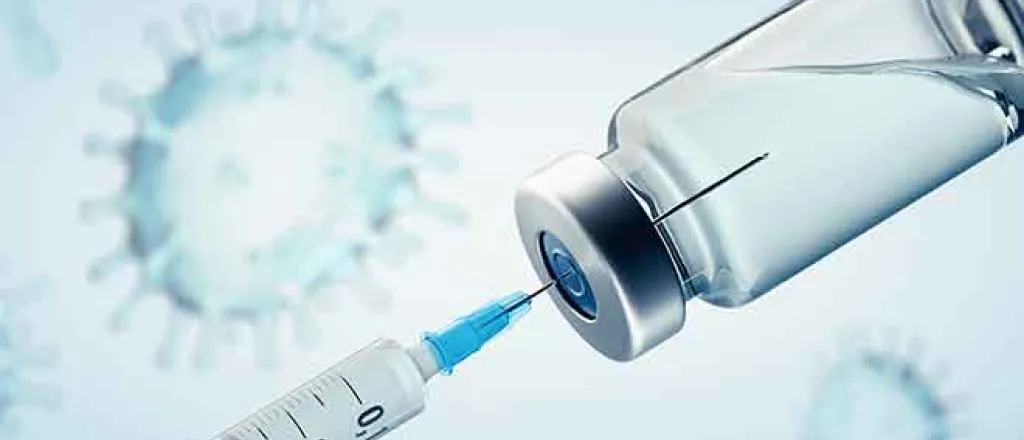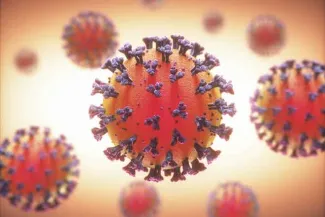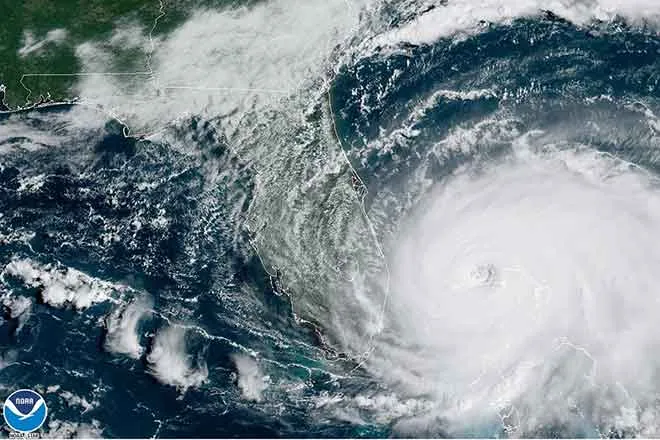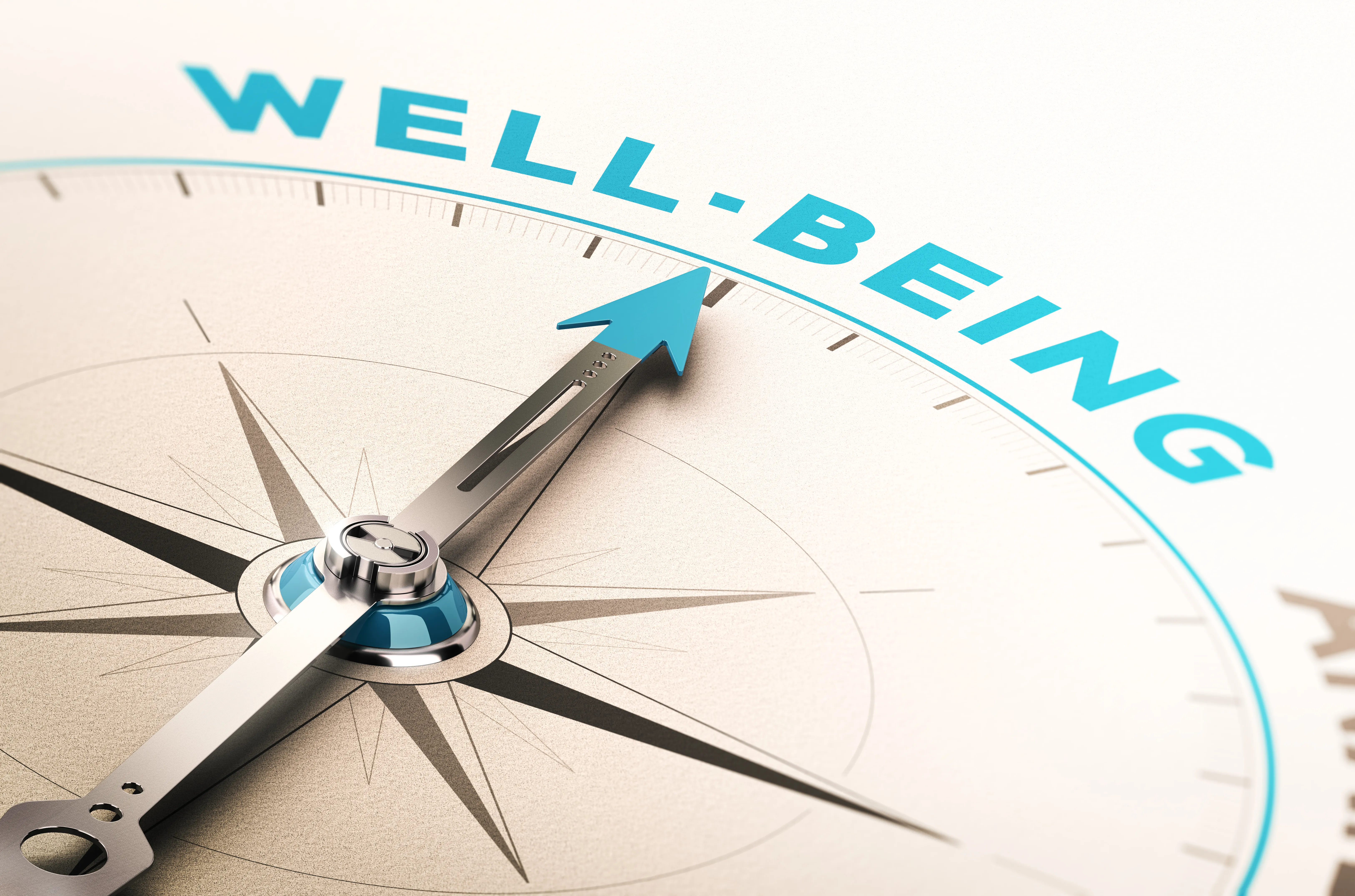
Studies show diabetes medicine may help with COVID aftereffects
Click play to listen to this article.
(Illinois News Connection) COVID-19 cases do not make news headlines much anymore but many people who experienced it can have persistent symptoms long after the infection.
A new study reveals a prescription drug used for another chronic illness shows promising results in reducing COVID's aftereffects. Metformin is what doctors often prescribe for managing Type 2 diabetes. The study said taking Metformin within a week of the onset of COVID-19 symptoms showed a 53 percent lower risk of symptoms lasting longer-term.

© iStock - ktsimage
Dr. Jacob Teitlebaum, internist and fibromyalgia specialist at Washington University in St. Louis, said the result of studies on 9 million people, with and without diabetes, revealed how the medication works.
"It turns out that Metformin acts like 'birth control' for COVID," Teitlebaum explained. "It suppresses the viral replication, keeps it from getting in cells, and basically, it's like the virus hits a red light."
According to the Centers for Disease Control and Prevention, Illinois is one of eight states where COVID infections are growing or likely growing. Some "long COVID" symptoms are dizziness, digestion problems, chest pain and thirst. Teitelbaum cautioned Metformin is not a cure for COVID and if taken in moderation, is safe and well tolerated.
A review published in Nature Medicine looks at the economics of using Metformin. It notes long COVID has affected more than 400 million people globally, costing $1 trillion a year, and suggested more than half of cases were preventable had Metformin been administered.
Teitelbaum pointed out the drug is inexpensive and he wants patients to take a more proactive role in their health.
"Doctors are just learning about it," Teitelbaum emphasized. "There's nobody paying to get this information to physicians, which (means) you're going to have to be the one as a patient to get this research to your doctor and to ask them. This is how doctors will hear about the studies."
The CDC has found American Indians and Alaska Natives are about 3.5 times more likely to experience long COVID. The likelihood for people who identify as Hispanic or Black is 2.5 times.















